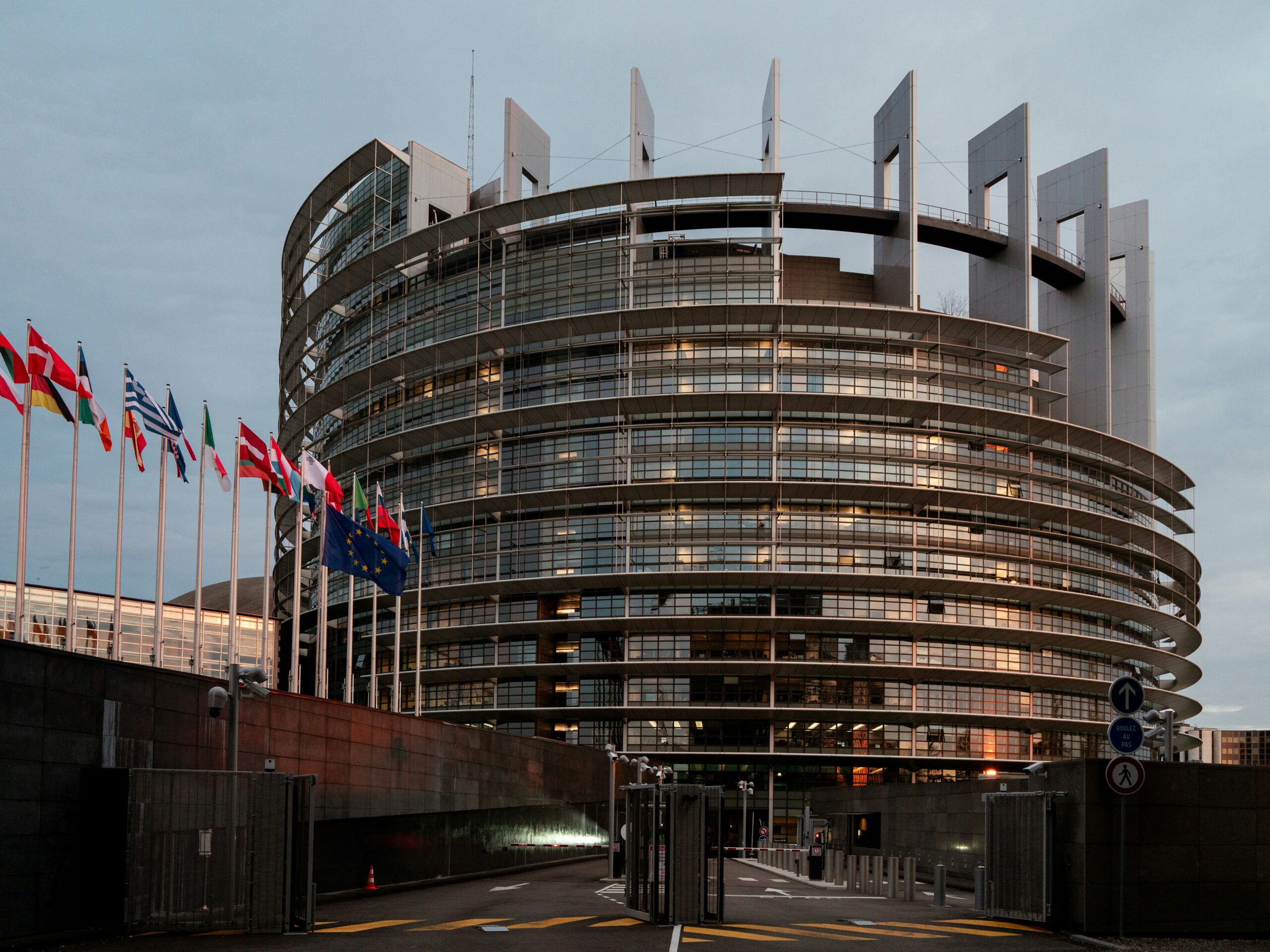(SDGTALKING) – The European Parliament voted on Thursday to support proposed changes to the European Union’s Carbon Border Adjustment Mechanism (CBAM), approving a decision to exempt the vast majority of small-scale importing companies from the carbon tax. Under the new regulations, companies importing less than 50 metric tons of relevant goods per year will be exempt from the tax liability.
The European Commission stated that the changes will exempt more than 90% of importers from the carbon tax, thereby relieving companies of time-consuming bureaucratic processes. However, it was noted that these companies account for only 1% of total emissions. Over 99% of emissions will remain the responsibility of large-scale importers subject to the tax.
New rules: 150 euro threshold removed
With the proposal presented by the European Commission in February, the condition in the current rules stating that “individuals or companies importing CBAM goods worth over 150 euros must pay tax” will also be removed. Once the new rules come into effect, even small-scale companies importing certain products will be subject to the tax.
Starting in 2026, companies will be required to purchase permits to offset carbon emissions from imports of goods such as steel, aluminum, cement, and fertilizer. However, with the changes made, the start date for the actual sale of these permits has been postponed by one year to 2027.
The purpose of the carbon border tax: To prevent “greenwashing”
The EU’s carbon border tax is intended to protect European manufacturers from cheaper producers in countries with weaker climate regulations. The measure also aims to prevent production investments from shifting to countries with lower environmental standards, such as the United States during the Trump administration, where climate regulations were rolled back.



 UN
UN 



